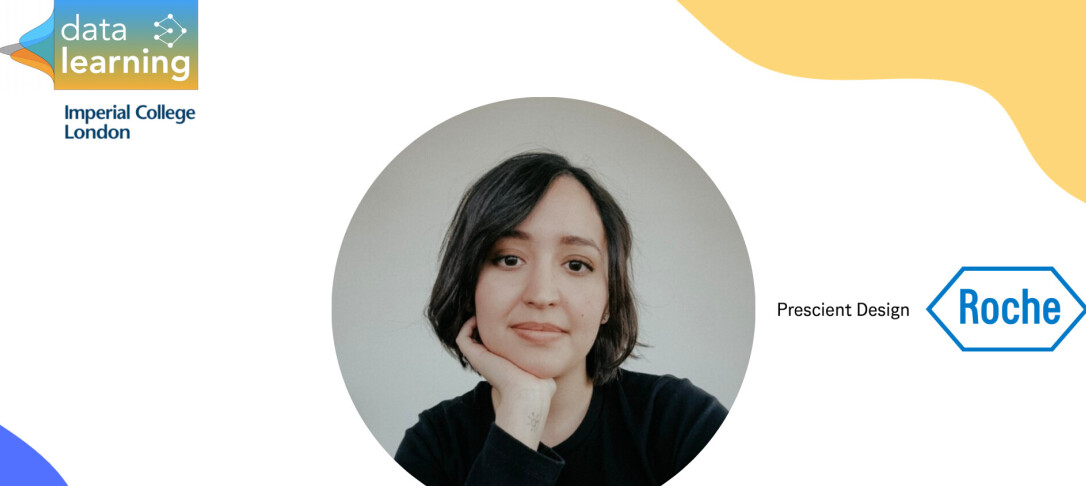
Guadalupe González, from Prescient Design, Roche, will deliver ESE’s DataLearning group seminar on Tuesday the 7th of November 2023: “Beyond compound libraries: A GNN-based approach for phenotype-driven lead design”.
Abstract
Phenotype-driven drug discovery approaches have gained attention as an alternative to target-driven strategies in the search for new therapeutics. These approaches aim to identify compounds that reverse the overall effects of diseases by leveraging phenotype signatures. The goal is, given a signature characterizing the effects of disease, to find a perturbagen or intervention reversing those effects. However, current methods are limited in their ability to predict compound leads because they rely on predefined compound libraries, restricting the search space. In this work, we propose a novel problem formulation for phenotype-driven lead discovery where the goal is to predict an arbitrary perturbagen, represented as a set of targets, to reverse the effects of disease. We borrow concepts from the causal inference field to formulate the task as an optimal perturbagen discovery problem where the desired perturbagen is that which maximizes the likelihood of shifting the system to a desired outcome. To solve this task, we introduce PDGrapher, a two-module approach comprising a perturbagen discovery module and a response prediction module, both based on graph neural networks. We show promising results across four datasets of genetic and chemical interventions, emphasizing the potential of reframing phenotype-driven lead discovery to expand the lead search space.
About the speaker
Guadalupe is a machine learning scientist at Prescient Design | Roche, where she focuses on developing graph deep learning methods for drug discovery. Her academic journey began with a B.Sc. in Biomedical Engineering, followed by an M.Res. in Data Science. Prior to Prescient, she was a PhD candidate at Imperial College London in the Department of Computing, advised by Michael Bronstein and Kirill Veselkov. During her PhD, she was a visiting PhD student at Harvard Medical School, working with Marinka Zitnik on therapeutic lead candidate prediction.